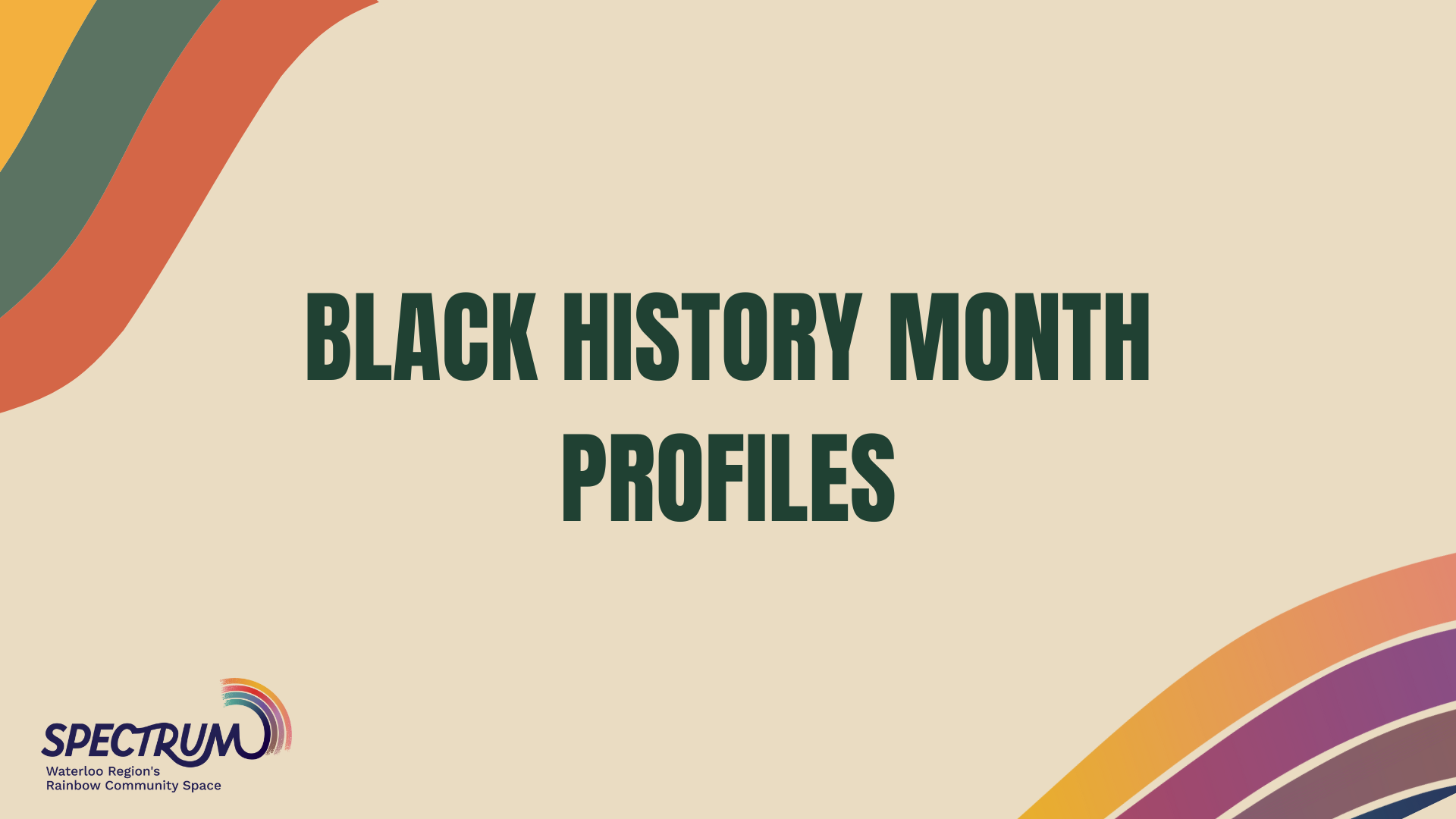
Born May 10, 1961
Andrea Jenkins is an American politician, writer and poet who made US history by being the first openly Black trans woman to be elected to public office in 2018. Andrea was born in 1961, in Chicago and spent her childhood living in lower-income working class communities with her single mother. From a young age, Andrea was heavily involved in arts, often writing and creating poems and other spoken word pieces.
Andrea came out as gay in her 20s, and began to transition in her 30s. She returned to college attending Metropolitan State University, to finish her bachelor’s degree. Following that, she earned two masters degrees, one in Creative Writing and one in Community Based Economic Development. Her political career started shortly after, when she worked as a vocational counselor for the Hennepin County Government.
In 2005, Jenkins worked as a political aide to Elizabeth Glidden, and earned a fellowship focusing on trans issues. She successfully established the Transgender Issues Group in 2014, and organized a council summit to highlight the struggles and issues trans folks face in Minnesota. In 2016, after Elizabeth Glidden decided not to run for re-election, Andrea Jenkins announced her campaign, with the slogan “Leadership. Access. Equity.” The following year, she successfully won with over 70% of the votes.
In her other endeavours, Andrea has participated in the Trans Lives Matter movement, and was the grand marshal of Twin Cities Pride Parade. In 2020, in honor of the 50th anniversary of the first Pride parade, she was named one of 50 heroes leading the nation towards equality, acceptance, and dignity.
Currently, Jenkins is a performance artist and poet, and lives with her partner of eight years. Her contributions and representation as a trans woman in politics have paved the way for many other folks to become more involved in the political landscape.




